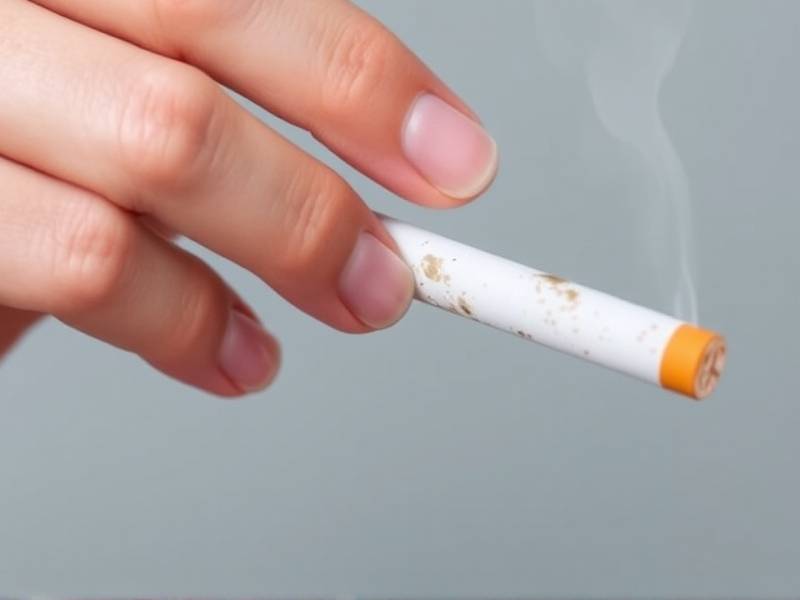Will Palmoplantar Pustulosis Improve After Quitting Smoking?
The Potential Benefits of Quitting Smoking on Palmoplantar Pustulosis
Introduction: Palmoplantar pustulosis (PPP) is a chronic skin condition characterized by pustules on the palms and soles of the feet. While there is no definitive cure for PPP, many patients have reported improvements in their symptoms after quitting smoking. In this article, we will explore the potential benefits of quitting smoking on palmoplantar pustulosis and provide insights into why this lifestyle change may be beneficial for those affected by this condition.
Understanding Palmoplantar Pustulosis: Palmoplantar pustulosis is a rare skin disorder that affects both men and women, with a prevalence of approximately 1 in 100,000 individuals. The exact cause of PPP is unknown, but it is believed to be related to an autoimmune response. Symptoms typically include painful, pus-filled blisters on the palms and soles that can lead to significant discomfort and disability.

The Role of Smoking in Palmoplantar Pustulosis: Research has shown that smoking can exacerbate the symptoms of palmoplantar pustulosis. The nicotine in cigarettes can cause inflammation and disrupt the body's immune response, leading to worsened symptoms. Additionally, smoking can also affect blood flow and circulation, which can further contribute to the development or progression of PPP.
Benefits of Quitting Smoking on Palmoplantar Pustulosis:
-
Reduced Inflammation: Quitting smoking can significantly reduce inflammation in the body, which may lead to a decrease in PPP symptoms.
-
Improved Immune System: By quitting smoking, individuals can improve their immune system's ability to fight off infections and autoimmune responses that may contribute to PPP.
-
Enhanced Blood Flow: Smoking cessation improves blood flow throughout the body, including to the affected areas in palmoplantar pustulosis patients. This improved circulation may help alleviate symptoms and promote healing.
-
Reduced Risk of Other Health Complications: Quitting smoking also reduces the risk of developing other health complications such as cardiovascular disease, diabetes, and respiratory issues. These conditions can indirectly impact palmoplantar pustulosis by affecting overall health and well-being.

Success Stories: Numerous individuals with palmoplantar pustulosis have reported significant improvements in their symptoms after quitting smoking. These success stories highlight the potential benefits of this lifestyle change for those affected by this condition.
Conclusion: While there is no guaranteed cure for palmoplantar pustulosis, quitting smoking may offer significant relief from symptoms for many patients. By reducing inflammation, improving immune function, enhancing blood flow, and lowering the risk of other health complications associated with smoking, quitting may be an essential step towards better management of this chronic skin condition.
Note: It is essential for individuals with palmoplantar pustulosis to consult with their healthcare provider before making any significant lifestyle changes or quitting smoking.
